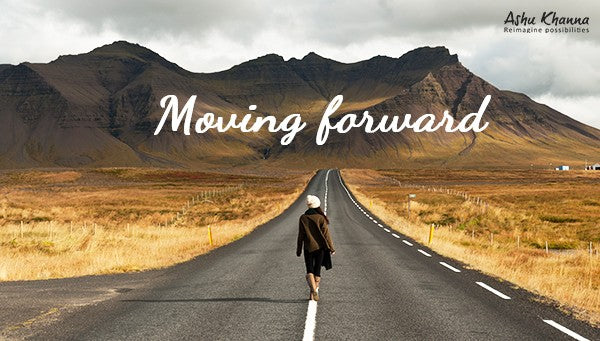
Beyond the Caregiver: My Journey of Loss, Identity, and Self-Discovery
Share
From the age of 18 to 42, my life was defined largely by one profound and demanding role: caring for my mother. During those years, my identity was intertwined with being her daughter and her carer. I dedicated myself completely to her needs — physically, emotionally, and practically — often putting my own dreams, hopes, and sense of self on hold.
Losing her was heartbreaking — not simply because I lost a loved one, but because it marked the end of an identity I had built around caring for her. In that moment, I found myself adrift, uncertain of who I was without the labels of ‘daughter’ or ‘carer.’ I realised that my journey wasn’t just one of grief and healing; it was a voyage of rediscovering myself, redefining my purpose, and learning to love myself beyond the roles I had held for so long.
This blog is a reflection on that journey — an exploration of loss, identity, and healing, and a message to others who might be navigating similar paths.

[Image by Shutterstock]
The Years of Caregiving: A Life on Hold
Growing up, I always knew I wanted to be there for my mother. I witnessed her struggles as a single mother. Our bond grew stronger through the difficult times. With time, her health deteriorated, and eventually she suffered a stroke. She was only 37 years old when this took place. Her health challenges required constant support — emotional and physical— and I became her primary caregiver for many years. It was a life filled with routines, sacrifices, and a deep sense of responsibility. I was fortunate to have paid carers supporting me for at least a couple of hours during the day. This in itself made a big difference, but the majority of the responsibility was still all on my shoulders, starting from the tender age of 18 until her passing in 2022, when I was 42.
In those years, my own hopes and aspirations often took a back seat. Let me make it clear that those were my choices, and I am forever grateful to have had that precious time with my mother because of it. I was absorbed in the daily demands of caregiving — medication schedules, hospital visits, translation, transport logistics, emotional support — sometimes at the expense of my own well-being.
While I found purpose in caring for her, I also felt a quiet loss of my own identity. I was no longer just ‘me’ — I was a daughter, a caregiver, someone defined by her needs and challenges. I would see my life as being separate from that of other people. I felt their life was moving in a linear direction, whilst mine was on pause. My friends would get new jobs, move out, and start relationships. I would be limited, or feel limited, due to my responsibilities. In some ways, I felt abnormal and overcompensated by being extra 'social' when out to show what a great person I was. Inside, I held deep insecurities, and to keep them at bay, I subconsciously started wearing a mask regardless of who I was with. Close friends or acquaintances. I was probably a functioning depressed person, but I made myself believe that if I was going out and 'having fun', things were ok. I think it was my way of trying to give myself balance or a sense of control when deep down I felt I had none. [Image by Freepik]
[Image by Freepik]
Losing Her, Losing Myself
When my mother passed away, it was like the ground shifted beneath my feet. The grief was overwhelming, but beneath it was an even deeper loss — the loss of my own identity. Who was I without the label of ‘daughter’ or ‘caregiver’?
The Awakening: A Journey of Self-Discovery
At 42, I found myself at a crossroads. I had spent decades caring for someone else, and suddenly, I was faced with the daunting task of rediscovering my own identity. Who am I without these labels? What do I want? What makes me feel alive?
This period of transition has been both darkly challenging and transformative. I began to explore what it means to be ‘me.’ I started small — reconnecting with old passions did not come overnight. Trying new activities and practising self-compassion.
Healing wasn’t just about managing grief. It was about reclaiming my voice, my dreams, and my sense of worth. Slowly, I learned to listen to my needs and to see myself as more than just a caregiver or daughter. I'm now starting to redefine my purpose—not based on the roles I played but on who I am at my core. Now. (Paid Ad)
The Power of Self-Discovery and Healing
This journey has taught me that healing is a process of unlearning and relearning. It’s about facing uncomfortable truths, embracing vulnerability, and allowing myself to grow beyond my past.
I’ve discovered that self-love and self-awareness are essential. Building a new identity doesn’t mean forgetting the past; it means honouring it while stepping into a future where I am the author of my own story.

[Image by LinkedIn]
Moving Forward: Embracing My New Self
Today, I am committed to living authentically and compassionately — toward myself and others. I know that my caregiving years shaped me, but they don’t define me entirely. I am more than my past roles. I am a fighter, a thinker, a dreamer, and someone eager to embrace life anew.
I hope that my story encourages others who may feel lost after a significant loss or life-changing roles. Healing isn’t linear, and discovering oneself is an ongoing journey filled with both setbacks and breakthroughs. But every step is worth it.
Warm Disclaimer: Please remember, everyone’s healing and self-discovery journey is unique. If you’re experiencing deep grief or emotional challenges, consider seeking support from a mental health professional. Your feelings are valid, and help is available. Be kind to yourself and honour your own pace of healing.


1 comment
You have had a hard time in your life to being a carer at a such young age but now you are moving forward and rediscovering yourself with long life ambitions, full of positive ideas and working really hard to fullfill your new life